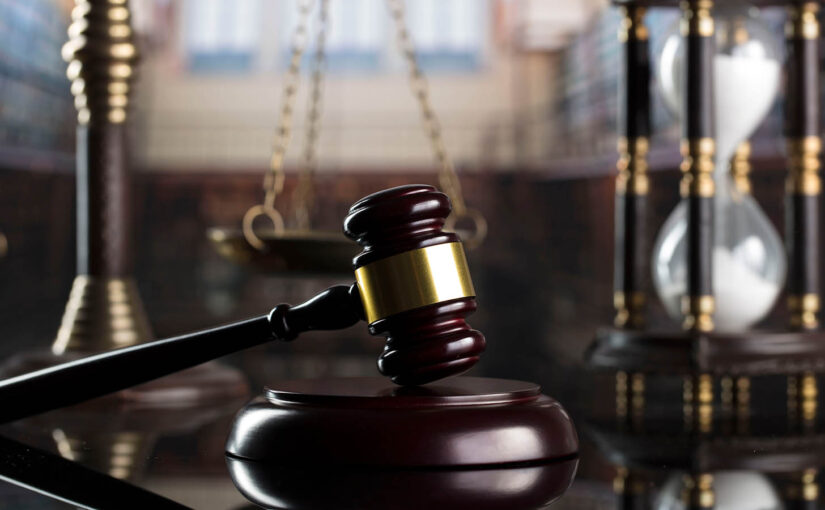Search this article on Google: Discuss the significance of the timing of a quash petition in the overall outcome of quashing proceedings.
Analyzing the Impact of Timing on Quashing Proceedings
The timing of filing a quash petition can significantly affect its success or failure. Timing influences the court’s readiness to grant a quash and the strategic advantages it may bestow on the petitioner. The considerations surrounding the timing of quash petitions include a spherical array of procedural deadlines, the accrual of legal rights, and practical aspects such as the gathering of evidence or the impact of ongoing legal proceedings.
- Statutory Deadlines – Legal systems often impose strict deadlines for filing certain motions, including petitions to quash. Missing these deadlines can result in losing the opportunity to challenge the legal process in question.
- Pre-Trial vs. Post-Indictment – Filing a quash petition before charges are formally brought may prevent escalation to trial, while post-indictment quashes may be seen as a corrective measure, possibly implying the existence of new evidence or procedural errors discovered after the fact.
- Expediency – Prompt filing may signal to the court the urgent nature of the perceived injustice or error, swaying the decision in the petitioner’s favor by demonstrating diligence and a proactive stance.
- Legal Strategy – Sometimes, delaying a quash petition can be a deliberate tactical decision, perhaps to allow for complete development of the case’s details, which might better illuminate the grounds for quashing the action.
- Discovery and Evidence – The accumulation and availability of evidence can influence when a quash petition is filed. As more evidence is gathered, the petitioner might strengthen the argument for quashing the proceeding.
- Impact on Related Legal Matters – Timing may also be adjusted based on how the quash petition interacts with other ongoing legal issues; for instance, if parallel civil and criminal proceedings are involved, the timing could be crucial to the outcomes of both.
Therefore, the timing of a quash petition is not simply a matter of procedural compliance; it is a calculated decision that can carry substantial implications for the course and outcome of legal proceedings.
Case Studies: Outcomes Influenced by Timing of Quash Petitions
- In one notable case, the timing of a quash petition was pivotal when a defendant filed immediately after being served with a subpoena. The court found that the subpoena had been issued without proper jurisdiction, and due to the prompt response, the defendant was able to avoid the costs and stresses associated with compliance.
- Another case involved a quash petition filed after the discovery of crucial exculpatory evidence. Here, the timing highlighted prosecutorial misconduct and led to the dismissal of charges. The delay was strategic, as the defense waited for the precise moment to reveal the evidence, thereby maximizing its impact.
- In a complex corporate lawsuit, a quash petition filed against a broad discovery request was delayed until after the preliminary conference. The delay enabled the petitioner’s legal team to argue more effectively how the discovery request was overly burdensome and not narrowly tailored to the issues at hand, which ultimately led to a ruling in their favor.
- A high-profile celebrity case showed the importance of timing when their legal team filed to quash immediately before trial. The defense highlighted procedural irregularities that were overlooked during pre-trial preparations. The court granted the quash, resulting in a significantly reduced sentence and avoidance of a public trial.
- In contrast, a delayed quash petition in a small claims case proved to be detrimental. The petitioner waited until the eve of the trial, giving the impression of a last-ditch effort to avoid judgment. The court denied the petition, criticizing the petitioner for not raising the issue in a more timely fashion.
- In a notorious white-collar crime case, the defendant filed for a quash pre-indictment, thwarting prosecutorial efforts to secure an indictment. The defense argued that the evidence was gathered in violation of their client’s rights. The early filing demonstrated the defense’s aggressive approach, ultimately resulting in successful negotiation of charges.
Through these varied case studies, it becomes apparent that the strategic timing of quash petitions can dramatically influence their success. Immediate filings can communicate urgency and prevent further legal entanglements, while deliberate delays might allow for the accumulation of evidence, or to gain tactical leverage. Conversely, untimely filings can be perceived as procrastination or a lack of a substantive claim, often leading to unfavorable rulings. Thus, understanding the nuances of timing can be a critical component in the formulation of a successful legal defense or challenge.
